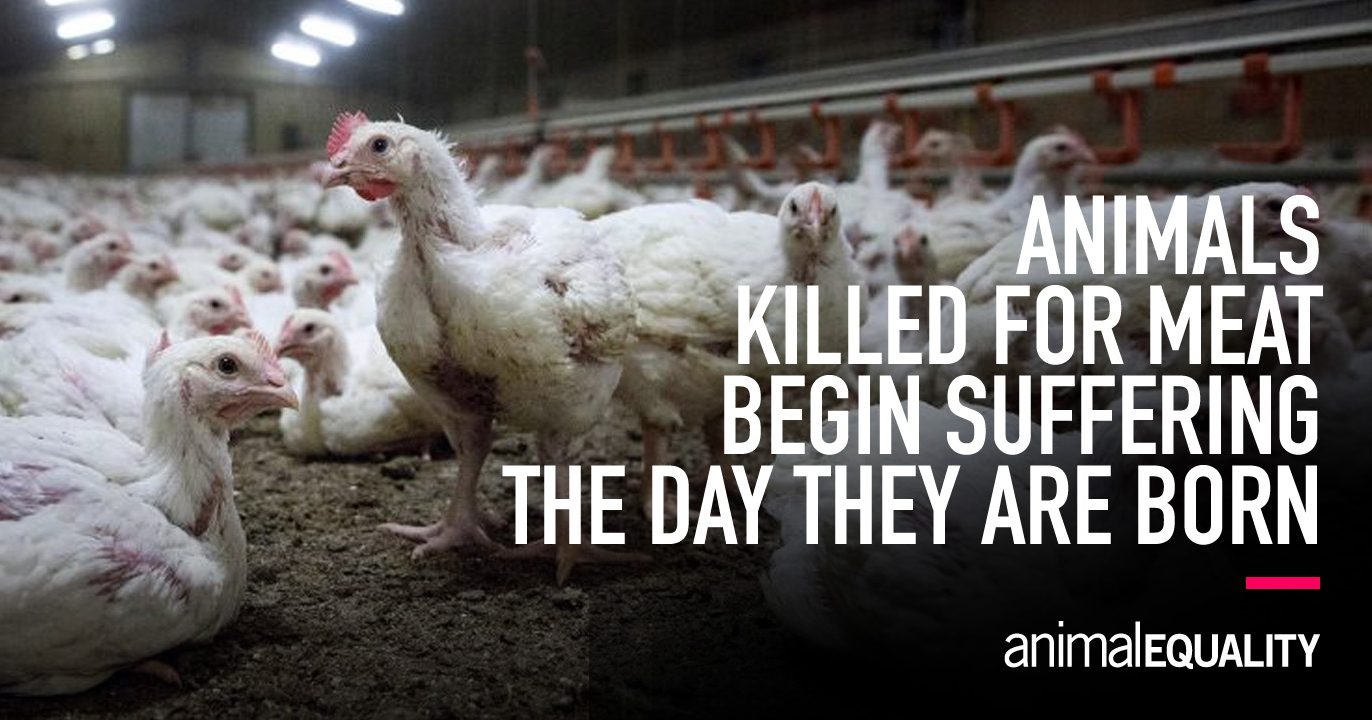The act of consuming meat has long been intertwined with human culture, tradition, and sustenance. It evokes a plethora of emotions and ideas, from communal gatherings around barbecues to solemn reflections on the humane treatment of living beings. Yet, beneath this multifaceted veneer lies an increasingly contentious question: Is eating meat considered animal cruelty by law or religion?
To grapple with this inquiry, one must first navigate through the societal constructs that frame our understanding of animal welfare. In many legal systems, the nuance between permissible treatment and outright cruelty is often blurred, creating a patchwork of regulatory frameworks. Some jurisdictions view the act of consuming meat as an inherent aspect of human diet and culture. Here, legal statutes may focus primarily on the conditions under which animals are raised and slaughtered, rather than the act of eating meat itself.
For instance, laws that govern animal husbandry address issues such as confinement, the use of pharmaceuticals, and the methods of slaughter to mitigate suffering. However, these regulations rarely extend to the ethical considerations surrounding meat consumption. Critics argue that such a viewpoint resembles a well-fortified castle, protecting an age-old tradition while ignoring a burgeoning ethical concern—the sentience of animals.
Conversely, various legal frameworks have begun to acknowledge an animal’s intrinsic rights, asserting that these beings are more than mere commodities. For example, some countries have implemented laws that reflect a deeper recognition of animal welfare, even advancing towards abolishing practices considered barbaric. Yet, the question of whether eating meat itself embodies cruelty remains largely unaddressed, trapped in the crossroads of tradition and transformation.
In addition to the legal landscape, the religious domain provides another compelling lens through which to sift through this complex issue. Across numerous faiths, animals have often occupied a sacred space, embodying both spiritual significance and moral obligations. For many, the act of consuming animals is framed by religious texts that articulate the humane treatment of living beings. For instance, certain interpretations of Buddhism emphasize compassion towards all sentient beings, creating a spiritual imperative to abstain from meat consumption. In this regard, eating meat may be perceived not merely as a dietary choice, but as an ethical transgression that contravenes the core tenets of compassion and non-harm.
Christianity presents a contrasting view, wherein the consumption of meat during specific religious observances has historical significance. However, many modern Christians also advocate for stewardship over creation, urging followers to consider the implications of their dietary choices on animal welfare. They argue for a balanced approach—embracing the joys of creation while ensuring that the treatment of animals respects their inherent dignity.
Muslim teachings offer another compelling aspect to this dialogue. Halal dietary laws emphasize humane slaughter methods and the ethical treatment of animals. While these regulations provide a framework that mitigates cruelty, the overarching question of whether the act of eating meat perpetuates a cycle of suffering looms large. The interpretation of such laws can vary widely, leading to diverse practices among believers.
As we traverse through the moral and ethical terrain of meat consumption, the metaphor of a double-edged sword emerges. On one side lies the longstanding tradition and cultural heritage associated with eating meat—an enduring narrative that binds generations together. On the other side exists the stark reality of animal suffering, a burgeoning awareness that invites scrutiny of our choices.
In grappling with this duality, we must ask ourselves—what does dining on flesh signify about our values as a society? It is a question that extends beyond the dinner table, prompting us to contemplate the intricate web of life that connects us to the creatures we share our world with. This conundrum invites introspection and demands a conscious examination of our actions.
Throughout history, movements advocating for animal rights have bestowed upon us a reflective lens—challenging us to ponder the ethical ramifications of our dietary habits. Documentaries spotlighting inhumane practices within the meat industry have catalyzed conversations that echo far beyond the kitchen. This milieu has birthed a vibrant community of vegans and vegetarians who advocate for plant-based lifestyles, emphasizing compassion over consumption. Their calls to action are imbued with a fervor that seeks to alter the status quo, as they implore us to reconsider the narratives we accept concerning animal lives.
The crescendo of this discourse lies in our capacity for empathy—an innate trait that beckons us to recognize the discomfort of others. To listen intently, one can see the world through a multitude of lenses—each disclosing a layer of understanding about our role within this intricate tapestry of life. Such realizations give rise to the inquiry, “What price are we willing to pay for our plate?”
In conclusion, the question of whether eating meat constitutes animal cruelty encapsulates a broad spectrum of legal interpretations and cultural beliefs. It implores us to evaluate the moral implications embedded within our choices, challenging us to reconcile tradition with compassion. Whether derived from legislative frameworks or religious convictions, the exploration of this inquiry holds the potential for profound transformation—urging us toward a more humane society where respect for all living beings reigns paramount.








